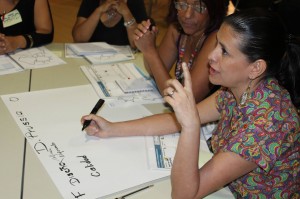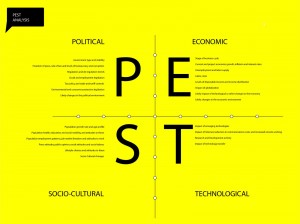The UN is an invaluable organization that excels at providing aid, preventing conflicts and generally overseeing our world affairs. But it is the very nature of its broad scope in responsibility that disrupts its ability to enact microscopic changes on a local level. The population is far too large for one governing body to be able to effectively address all the issues that aren’t of a global or large-scale impact, but that is, in many instances, where aid is needed and often neglected. The Arc Initiative differentiates itself from the UN in two major ways, it operates on a smaller scale, and it generates opportunities. It’s smaller scale allows it to enact actual changes in local communities that wouldn’t otherwise have been reached by organizations like the UN.
It also is based on the premises of, as I mentioned earlier, generating opportunities. It doesn’t just seek to help those in need; it seeks to empower local individuals to develop the skills to help themselves and their own local communities, thus enacting sustainable change.
Although the model of providing aid is crucial in emergencies, in the long term, it creates dependency and prevents independence. There is an ancient Chinese proverb that goes: Give a man a fish and you feed him for a day; teach a man to fish and you feed him for a lifetime. This is exactly what the Arc Initiative is doing, teaching people how to fish.




